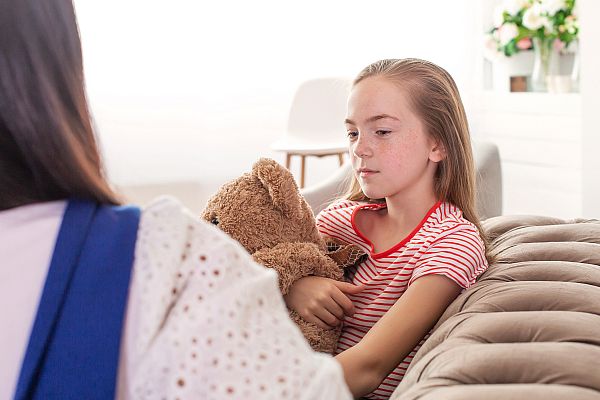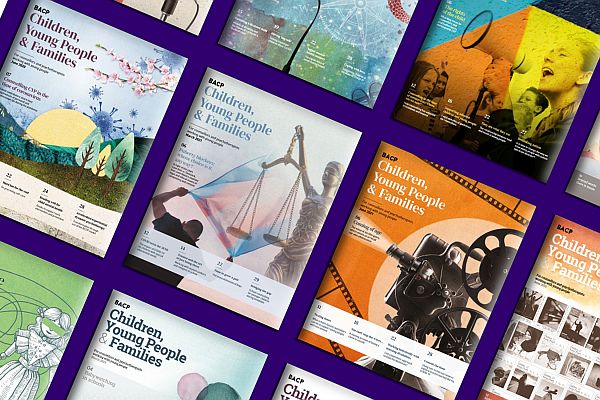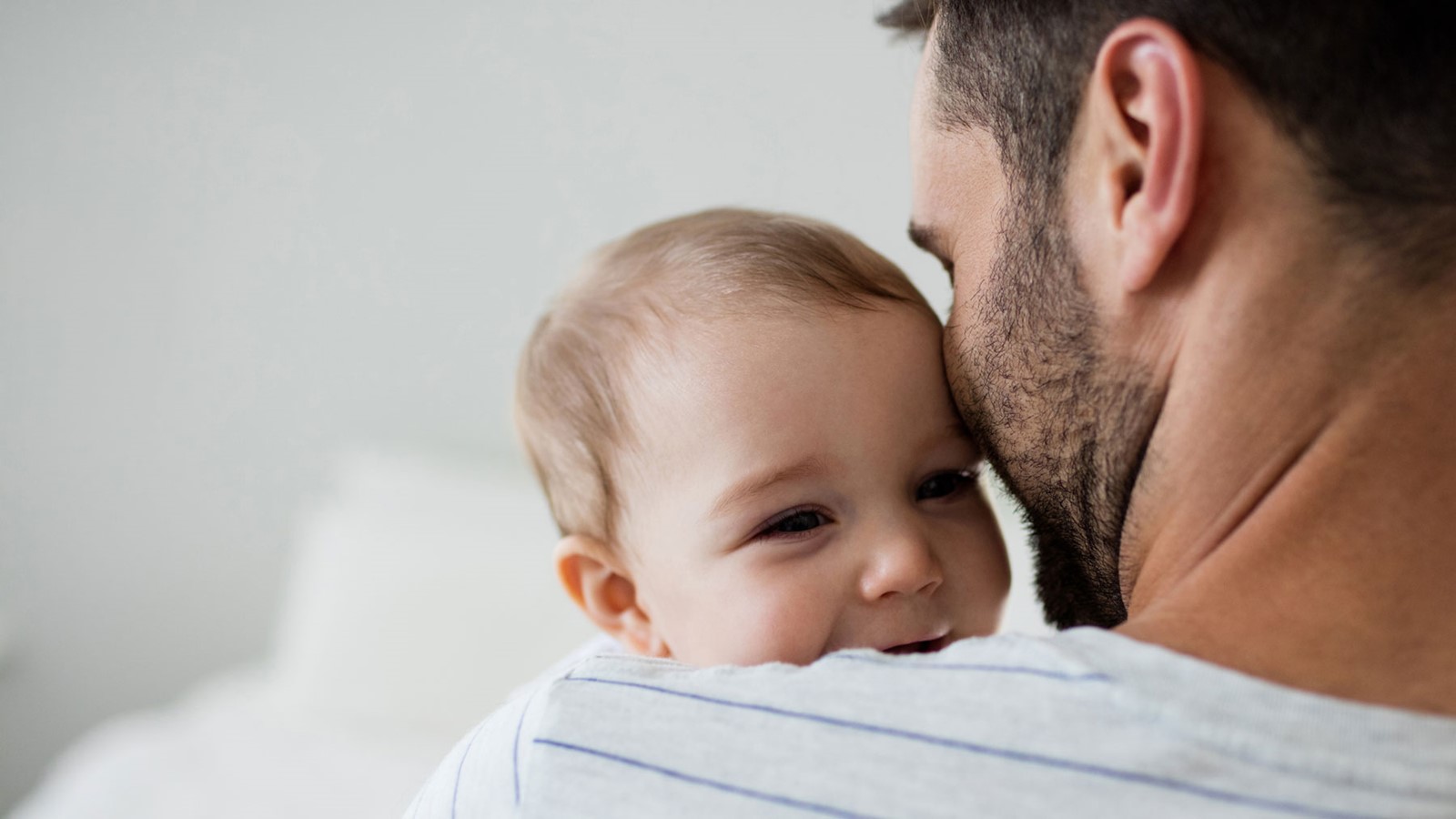The heart-breaking news of the Ronaldo and Rodriguez family, experiencing the death of their baby son, while rejoicing in the birth of his twin sister brings a complicated grief few of us have experienced. "One of the hardest things a person will ever do is say goodbye to a person they created," said Zoe Clark-Coates, The Baby Loss Guide.
However, with 10 to 15 percent of all single births starting off as a multiple, this is perhaps more common than we would like to believe.
The news coverage of the family is bringing the subject of individual twin loss to the public’s attention. Conversations are being had and awareness raised. This grief is unique and needs to be fully recognised. It's good the news mentions the different experiences and perceptions of a grieving father and grandparents as well as the mother. They even mention siblings but not the future experience or feelings of the surviving twin. It suggests the societal perception that grief only happens at the time of death. Yes, it comes in waves, but you will learn to live with it.
But the surviving twin is not thought of as a grieving member of the family and there remains so much to catch the world up on. Of course, the grieving parents need support, but I'd argue the surviving twin will also need the extra reassurance.
My focus for the last four years has been on researching and promoting awareness of womb twin survivors and their mental health - a womb twin survivor is someone whose twin dies any time after conception to neonatal death.
Attachment starts in the womb and as we're learning more about somatic memory, we can see how traumatic memories can stay with us, without conscious awareness of them, potentially influencing our self-concept, worth and purpose in life. Womb twin loss for the survivor can present as a deep sense of longing and aloneness, a fear of abandonment, a struggle with survivor guilt, feeling different from others, a preoccupation with death and at times may feel like they have two sides to their personality. Grief, shame, anger and depression can also walk hand in hand with a survivor.
How the survivor is informed of their twin and the narrative around the twin’s death is so important as this will influence how the survivor will make sense of their self-concept. This also changes depending on the family’s cultural, societal and spiritual viewpoints.
As counsellors, we need to be informed of this phenomenon as it may be sitting in the counselling room with little awareness from you or your client (if they were never informed) but it's at the heart of the struggles the client is experiencing. Every survivor will feel differently about it and what the narrative means to them. Many feel that once a twin, always a twin, which is something to keep in mind.
If you've been affected by twin loss, single twin loss or womb twin loss, please do reach out for support from loved ones or professionals. We want to listen.
Read more...

Join BACP CYPF division
Joining BACP CYPF links you with a large, diverse and experienced group of practitioners who are committed to furthering ethical and effective counselling and psychotherapy for children and young people.

BACP Children, Young People and Families journal
For counsellors and psychotherapists working with children and young people. The quarterly professional journal of BACP Children, Young People and Families division.

Blogs and vlogs 2022
News and views from members, staff and clients
Views expressed in this article are the views of the writer and not necessarily the views of BACP. Publication does not imply endorsement of the writer’s views. Reasonable care has been taken to avoid errors but no liability will be accepted for any errors that may occur.
